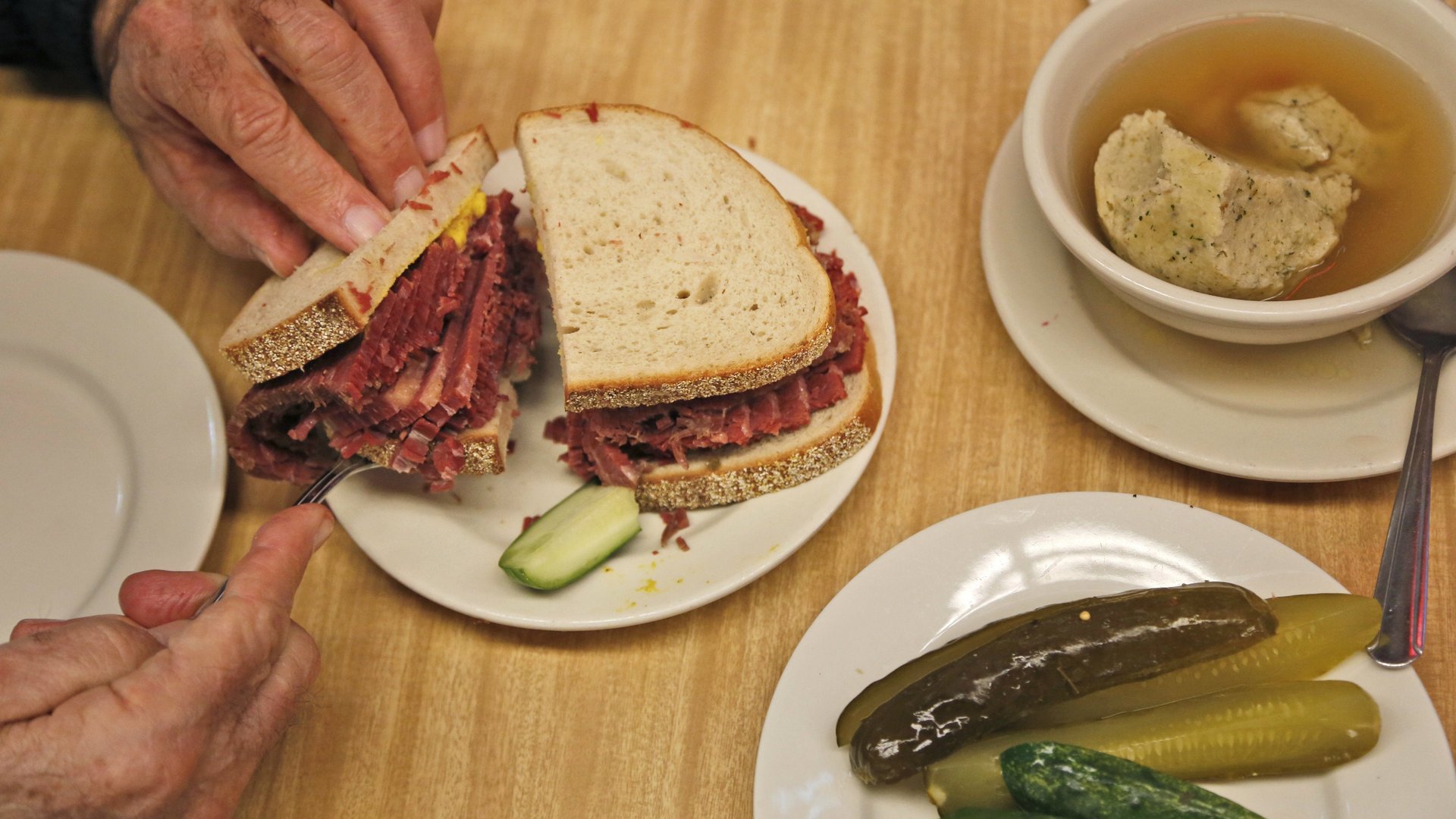A tiny Malibu deli is taking on Soho House
A few months ago, I was caught off-guard by a review in the New York Times travel section (paywall). “The menu at Malibu Kitchen evokes a fictionalized California,” the article read.


A few months ago, I was caught off-guard by a review in the New York Times travel section (paywall). “The menu at Malibu Kitchen evokes a fictionalized California,” the article read.
This couldn’t be a review of, well, Malibu Kitchen, the upscale deli-bakery in my hometown of Malibu, CA could it? I’d spent many a 6 am shift peddling still-warm sour cherry scones and Peet’s coffee as a summer job during university.
Turns out, it wasn’t. The New York Times was reviewing the Malibu Kitchen located at the The Ned in London, a hotel and private members’ club opened in 2017 by Soho House. The Soho House-owned Malibu Kitchen boasts a menu of chia seed flatbreads and a “forbidden rice bowl,” evoking a certain vision of California. But it’s nothing like the menu at the original Malibu Kitchen. That one has, for nearly two decades, sold fare like dripping reuben, roasted turkey brie, and meatloaf sandwiches to a mixture of tourists, locals, celebrities, and the paparazzi who stalk them—all while getting testy Yelp reviews thanks to its occasionally cantankerous and locally famous proprietor.
But while the two establishments may be thousands of miles apart, the tiny, original Malibu Kitchen of my hometown is now taking on the globalized one.
The Malibu Times reported last week that Beverly Hills power attorney Perry C. Wander had been hired by the deli’s backers—including A-list celebrities like Mel Gibson, Whoopi Goldberg, and Barbra Streisand—to send a cease-and-desist letter to the owners of Soho House for infringement of intellectual property rights.
“You have intentionally stolen the Malibu Kitchen trademark which is famous,” the letter read. “The former caterer Nick Jones who built Soho House into a global empire of private members clubs and restaurants opened Malibu Kitchen restaurant in London. Unfortunately, this restaurant already exists in Malibu, one mile from the Soho house [sic] that he opened a year ago.”
Of course, cities as “brands” is nothing new. And this is far from the first time time a prestigious name like Malibu has been used to describe fare that would leave locals scratching their heads. In the global economy, it’s become de rigueur for hip brands to slap the name of a city or neighborhood on a given product or venue in an effort to evoke a distinctive feeling, and export it around the world.
There is Brooklyn Coffee in London. London’s Hoxton Hotel is in Paris, Amsterdam, and soon, multiple locations in the US. A Nike-owned basketball brand is named Pigalle, after Paris’s red-light district. And of course, there’s Soho House, which draws its name from its original central London location and is now in 18 clubs around the world.
These days, we don’t so much aspire to visit destinations as we aspire to visit places that feel like a destination. While that may give rise to the global hipster aesthetic, it also threatens to do something else: erase the histories and people who actually live in those places, and don’t see their surroundings as a commodity.
Malibu’s high profile and affluent small-town reputation isn’t at much risk of being erased—especially with Oscar winners paying the legal bills. But the complex histories of gentrified neighborhoods like Hoxton, Brooklyn, and even Soho are. Our world may be globalized, but must it be thoroughly homogenized, too?
A representative from Soho House did not respond for request to comment, but Quartz will update this post if they do.